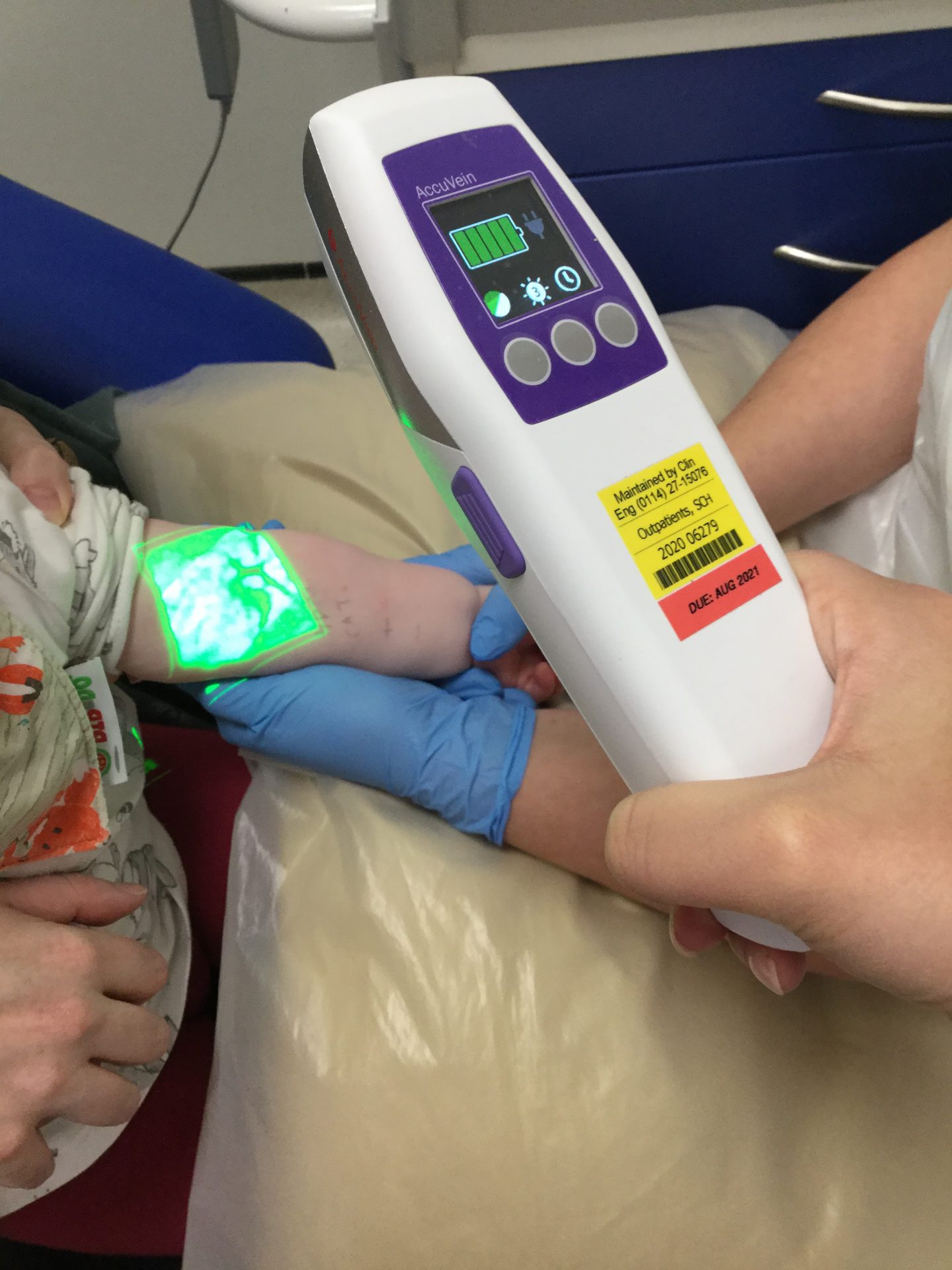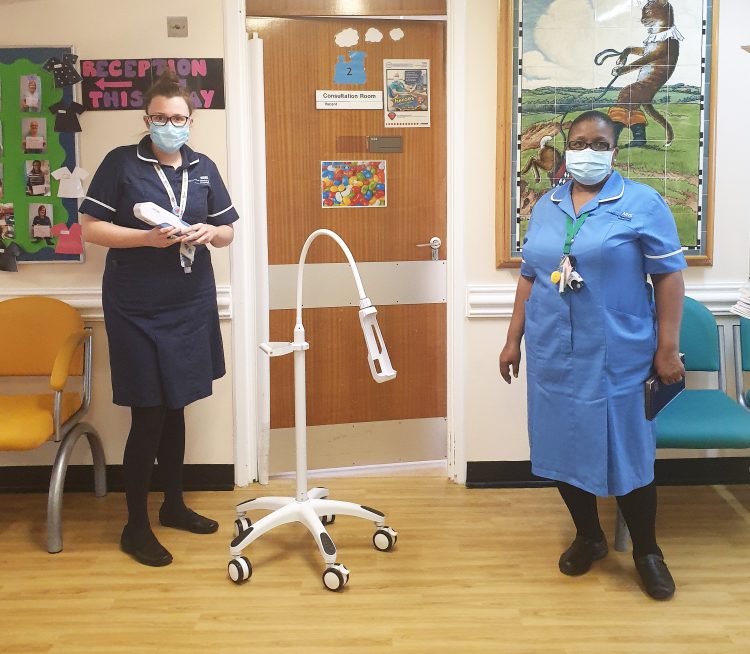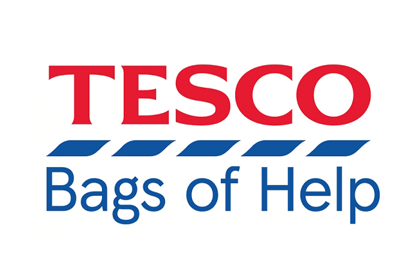The AccuVein AV500 is a handheld medical device that illuminates veins below the skin. Blood tests and cannulation are common procedures for diagnoses, assessment and treatment. However, veins in children and babies are not always visible to the naked eye, so can be difficult for medical staff to access. The illuminating device allows the clinician to see and access them more easily.
The efficiency of the AccuVein AV500 device helps to reduce stress and pain for the baby or child and avoids the need for sedation. It is important for children in an emergency where time is critical to give lifesaving intravenous treatment.
This year we are raising funds for an AccuVein AV500 for the children’s daycare unit at Royal Preston Hospital. The device will be used by both nurses and doctors to help treat over 2,000 children a year. Senior Staff Nurse Abigail Pemberton at Royal Preston says: “Taking bloods and siting cannulas is 70% of our workload. Our aim is to provide the best possible care by making this a painless and positive experience. This can be very challenging when veins are not visible and the vein finder is an invaluable tool which helps to identify veins and makes a huge difference to the child’s experience.
MedEquip4Kids has previously provided similar AccuVein AV400 units for a number of other hospitals, which has resulted in very positive feedback from staff and patients, as illustrated in the following comments.
“The team are really appreciative of this equipment as it now ensures staff can always wear gloves when trying to feel for veins that have previously been difficult to palpate, which given the current pandemic is even more essential.” Donna Poole, nurse manager, Sheffield Children’s Hospital.
“The doctors and staff think it is brilliant, helping find difficult veins on patients of all ages. It makes the blood test/cannula procedure quicker, smoother and much easier for the patient. The AccuVein is also perfect for role play during specialised sessions for needle-phobic young patients.” Jeanette Burden, play specialist, Stepping Hill Hospital.
“The AccuVein has made the cannulation of babies and children easier and less stressful for patients. It has reduced the time taken to cannulate and the number of attempts made. This in turn has made it less stressful and traumatic for our young patients, reducing anxiety for parents or carers as well as for the child.” Jane Dutton, Ward Manager, Tameside General Hospital.










